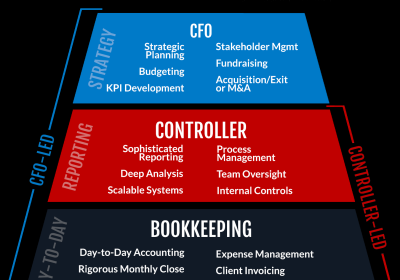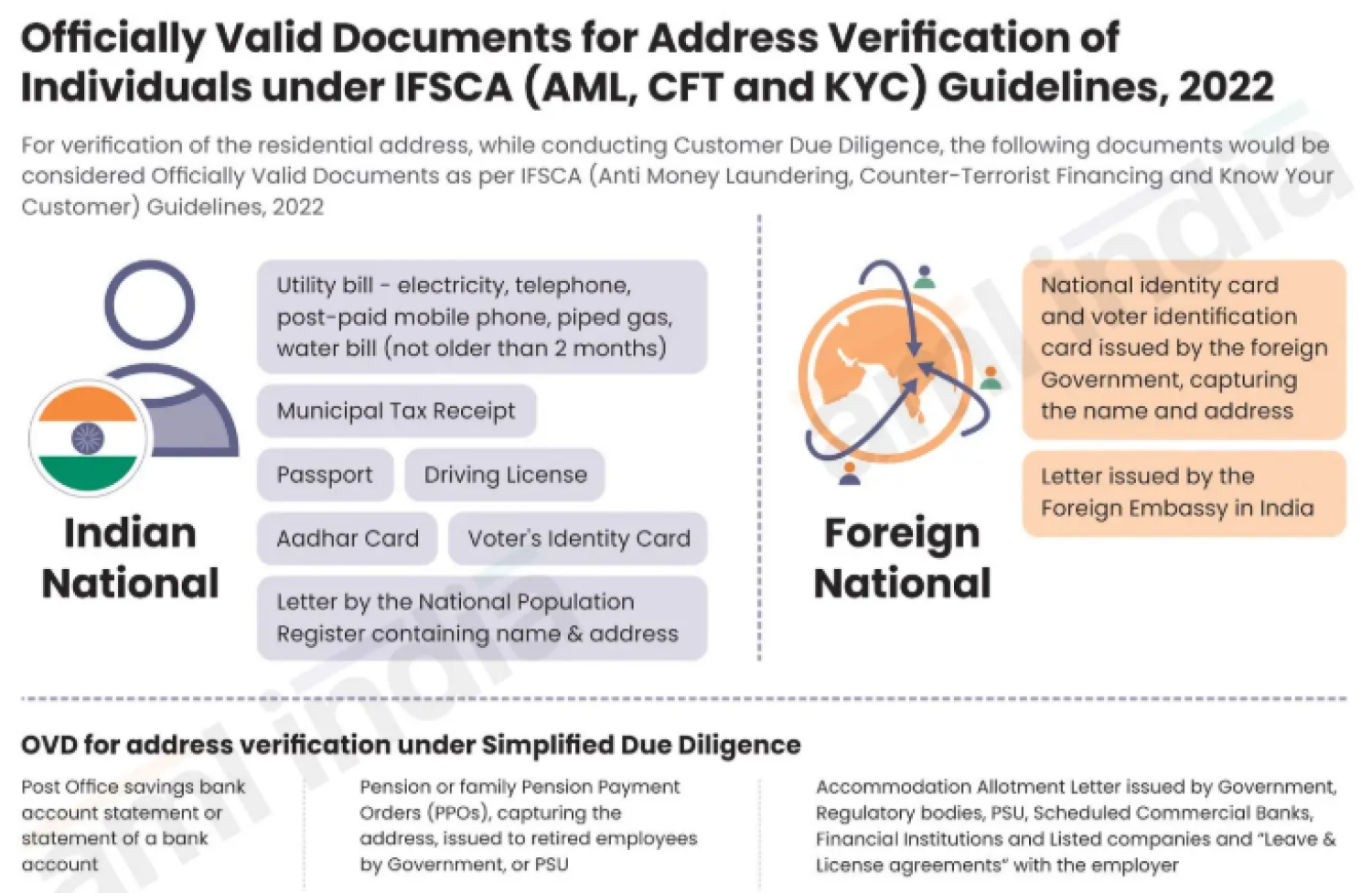Table of Contents
- Mca Planning To Change Statutory Audit Exemption Norms For Micro-companies(sale Up To Inr 1 Cr)
- Benefits For Small Businesses statutory Audit Exemption Norms For Micro-companies(
- Easing The Burden On Micro-enterprises
- Key Proposed Change And Comparison Statutory Audit Exemption
- Concerns And Way Forward On Statutory Audit Exemption

MCA Planning to change Statutory Audit Exemption Norms for Micro-Companies(Sale up to INR 1 Cr)
In a move poised to significantly ease the compliance burden on India’s Micro-Companies(Sale up to INR 1 Cr), the Ministry of Corporate Affairs is reportedly planning to exempt companies with an annual turnover of up to INR 1 crore from the mandatory statutory audit requirement. Under the current framework, every company including One Person Companies & micro-enterprises must appoint a Statutory auditor and undergo an annual statutory audit, irrespective of turnover, profitability, or operational scale. The proposal is expected to be taken up during the upcoming winter session of Parliament.
Benefits for Small Businesses Statutory Audit Exemption Norms for Micro-Companies(
If enacted, the exemption could deliver several advantages to India’s micro-corporate sector:
- Cost Savings : Elimination of audit fees and related administrative expenses.
- Simplified Compliance : Reducing time-consuming procedures, enabling promoters to focus on business expansion.
- Lower Risk of Inadvertent Non-Compliance : A simplified framework reduces the chances of unintentional errors and penalties.
Easing the Burden on Micro-Enterprises
If implemented, this will be the first turnover-based carve-out in India’s statutory audit regime since the enactment of the Companies Act, 2013. This proposed reform underscores the govt’s ongoing efforts to enhance ease of doing business and foster a more supportive regulatory environment for small companies. Micro-enterprises often the backbone of India’s entrepreneurial ecosystem stand to gain significantly from this landmark relaxation, if approved.
- Limited Value Addition in Micro-Audits : Officials involved in the discussions note that audits of very small companies rarely uncover material issues. In most cases, audit reports are clean, offering limited incremental oversight.
- High Compliance Cost : For micro-enterprises, statutory audits often impose a disproportionately high financial and administrative burden, diverting scarce resources away from business operations and growth.
- Alignment with Tax Audit Thresholds : The proposed turnover threshold aligns with the INR 1 crore limit under the Income Tax Act for tax audits (for many small businesses), thus harmonizing compliance and reducing duplication.
Key Proposed Change and Comparison Statutory Audit Exemption
A formal amendment to Section 139 of the Companies Act, 2013 is expected to be introduced during an upcoming session of Parliament.
|
Feature |
Current Law |
Proposed Change |
|---|---|---|
|
Applicability |
Statutory audit mandatory for all companies. |
Exemption for companies with turnover up to INR 1 crore. |
|
Legal Provision |
Section 139 of the Companies Act, 2013. |
Amendment to Section 139 (proposed). |
|
Impact |
Uniform compliance burden on all companies. |
Significant cost and compliance relief for micro-enterprises. |
Concerns and Way Forward on Statutory Audit Exemption
Officials involved in the discussion believe audits of micro-enterprises rarely reveal material issues. Many such audit reports are “consistently positive” and do not significantly enhance oversight, but they increase compliance burden and operational costs.
A statutory audit is presently essential for finalizing financial statements, conducting the AGM, and filing AOC-4 and other documents with ROC. The exemption would significantly alter compliance requirements for One Person Companies (OPCs), small companies, and closely held private companies.
While industry bodies widely welcome the move as a boost to Ease of Doing Business, experts have flagged potential challenges like A company with turnover under INR 1 crore may end up exempt from both statutory audit (Companies Act) and tax audit (Income Tax Act). This raises concerns about the reliability of financial statements and consistency in reporting standards. & Corporate governance experts suggest possible mitigations such as mandatory self-certification of accounts by directors, random inspections & thresholds based on paid-up capital or borrowings in addition to turnover. The draft amendment is expected to attract extensive discussion before finalization
A former ICAI president cautioned that aligning the INR 1 crore limit with tax audit exemption under the Income-tax Act may create a compliance vacuum. If both tax audit and statutory audit are removed for such companies, financial reporting integrity could weaken, and there could be reduced visibility into accounting accuracy As of now, the MCA has not officially commented. The amendment remains under active consideration and faces potential debate once placed before Parliament.
You may also review:

















